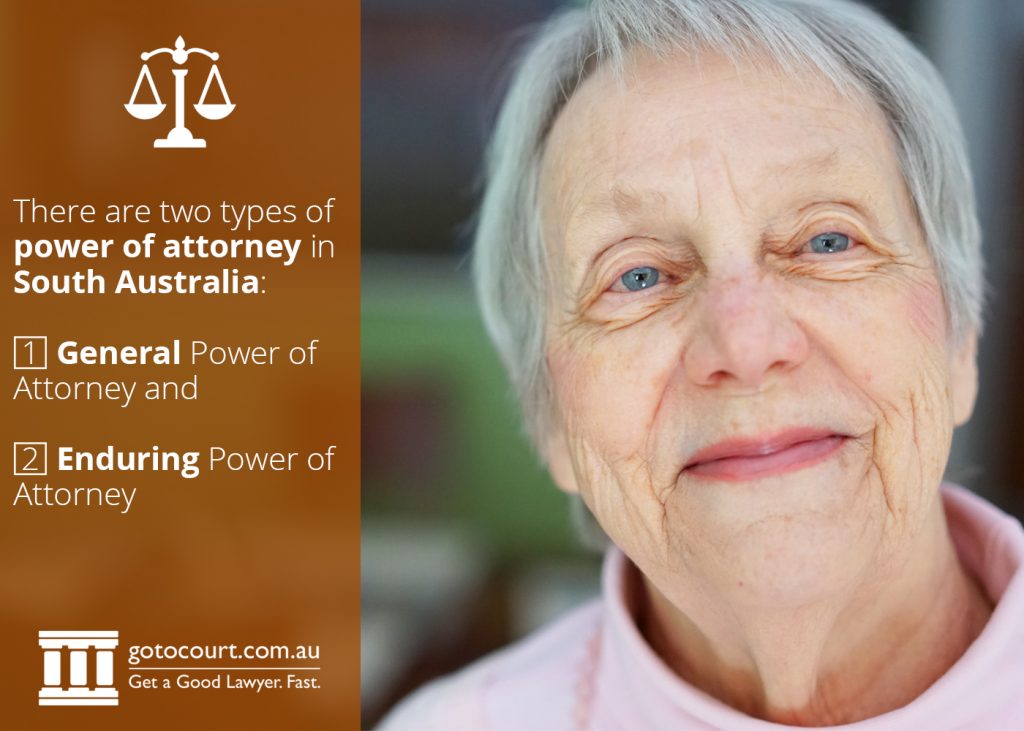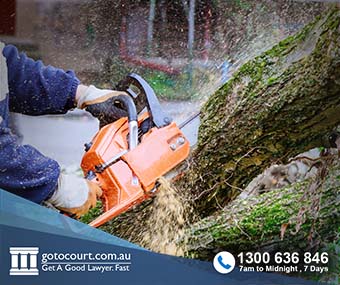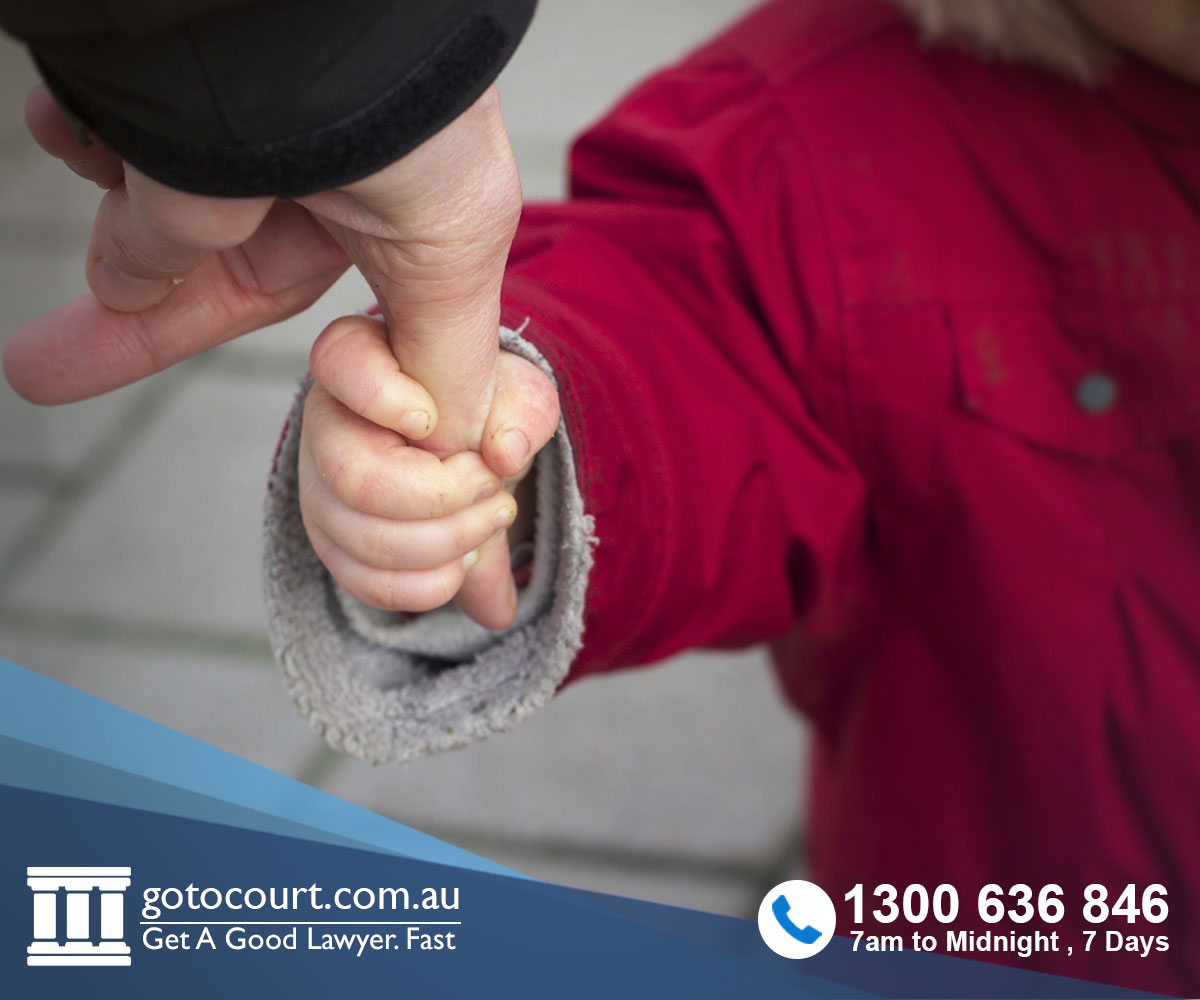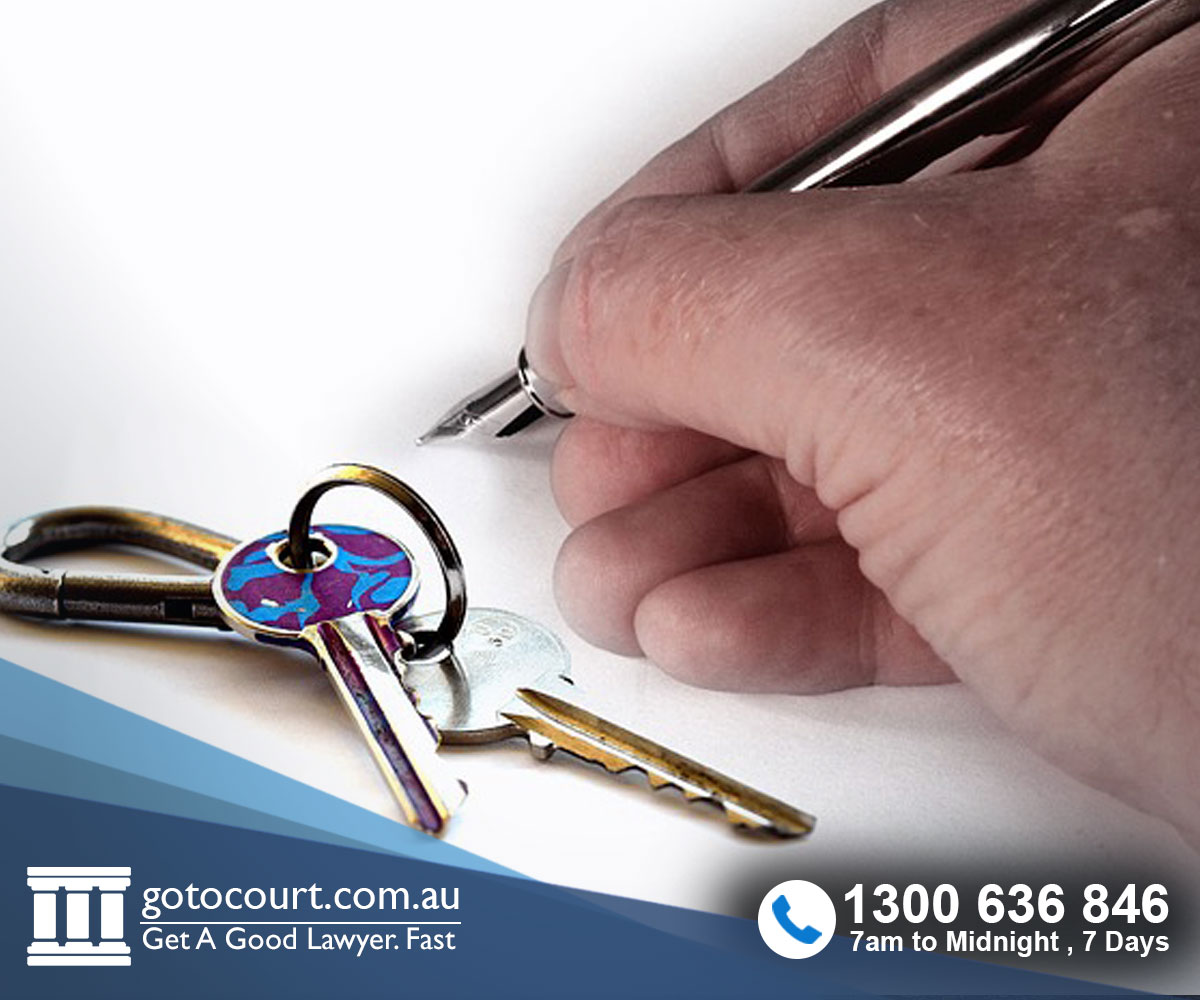Power of Attorney in South Australia
A power of attorney in South Australia is a legally binding document which gives someone the power to act as your agent and make decisions on your behalf. In SA, the document is referred to as a ‘Deed’, the person making the power of attorney is known as the ‘donor’ and the attorney is referred to as the ‘donee.’
Powers of attorney or POA are governed by the Powers of Attorney and Agency Act 1984 (SA).
Types of powers of attorney
There are two types of powers of attorney in SA; the enduring power of attorney and the general power of attorney. The type of document that you will require will depend on your individual circumstances and reason for requiring the appointment of an attorney.
General power of attorney
Typically, you would want to appoint a general power of attorney when you require someone to act on your behalf in specified circumstances.
As an example, let’s say that you are in the process of selling your house and you are suddenly required to travel overseas for work. By appointing a general power of attorney you can ensure that the sale does not fall through by having someone else affect the sale of the property on your behalf whilst you are out of the country.
This does not mean that under the general power of attorney the donee has free reign to deal with your financial affairs as they see fit. It merely enables them to act on your behalf for the particular purpose of selling your property.
The general power of attorney restricts the donee’s power through the specific conditions, limitations and exclusions built into the Deed.
Enduring power of attorney
The circumstances which give rise to appointing an enduring power of attorney are slightly different to those when appointing a general power of attorney. Unlike the general power of attorney which cannot operate when the donor loses the capacity to enter into a legally binding document, the enduring power of attorney continues to operate despite the donor’s incapacitation.
In many circumstances the enduring power of attorney is created specifically for this purpose, so that once the donor’s health begins to decline, and they are unable to make decisions for themselves, someone is there to take care of their assets and manage their financial affairs on their behalf.
Who can be an attorney
Who you choose to appoint as your attorney / donee is up to you. There are no restrictions on appointing family members or relatives in SA, even if they are nominated as a beneficiary in your Will.
If you so choose, you can appoint more than one donee. If you decide to appoint more than one donee, you have the choice of appointing them jointly or joint and severally.
For example, if you wish to appoint both of your sisters as your donees, you can appoint them jointly which means that they must act together and they must agree before any action can be taken. Alternatively, if you were to appoint them joint and severally, this would mean that they can act together or should one of the sisters no longer wishes to act, the other could act individually without rendering the Deed invalid.
Obligations of the attorney
The law imposes an obligation on attorneys / donees to act with diligence and at all times protect the interests of donor. This includes keeping up to date and accurate records for all financial transactions and dealings. If the donee fails to protect the donor’s interests, they may be liable to compensate the donor for any loss he or she may have suffered as a result.
Limitations on appointing a done under a power of attorney
As with any legal document, there are always going to be requirements that must be met in order for the document to be legally binding. When it comes to appointing a power of attorney, at the time of creating the document the donor (the person appointing the power of attorney) and the donee (also referred to as the attorney) must both be 18 years of age or over and be of sound mind.
The Office of the Public Advocate’s explanation of mental capacity is a useful resource in understanding what sound mind means in the context of powers of attorney.
How to make a general power of attorney in South Australia
If you decide that you want to appoint a power of attorney there are a few ways you can go about it. You can either seek the assistance of a legal practitioner or you can go online and download the form for free and attempt it yourself.
Keep in mind that you will need to have the signing of the document witnessed by a disinterested party in order for it to be legally valid. If the general power of attorney provides the power for your attorney / done to deal with real estate that you own in South Australia then the Deed will need to be registered with the Land Titles Office.
How to make an enduring power of attorney in South Australia
The making of an enduring power of attorney is a little more complex and requires that the signing of the document be witnessed by a Solicitor, Proclaimed Police Officer or Justice of the Peace.
As with the general power of attorney, there is a do-it-yourself option. The Legal Services Commission of South Australia offers an enduring power of attorney do-it-yourself kit which comes with a step-by-step guide or you can download the form for free online and attempt it yourself.
Alternatively, you can engage the services of a solicitor or have the Public Trustee draft your power of Attorney if you decide to appoint the Public Trustee as your attorney / donee or as the substitute donee after your partner or children.
Revoking a power of attorney in South Australia
There are certain circumstances which will automatically revoke a power of attorney. These include:
- The death of the donor;
- The expiration of the power of attorney where an end date has been specified;
- If the property subject to the power of attorney is destroyed;
- If either the donor or donee notifies the other in writing that it is revoked; or
- For a general power of attorney, the donor becomes incapacitated.
Revoking an enduring power of attorney once the donor has become incapacitated is not as simple. In this situation a donee can only stop acting on behalf of a donor by making a Supreme Court application or have their appointment revoked by a South Australian Civil and Administrative Tribunal (SACAT) Administrator. In the situation where a donor has become incapacitated and the only appointed donee has died, an interested party can apply to the Supreme Court for an order to revoke the power of attorney or have the donee substituted.









